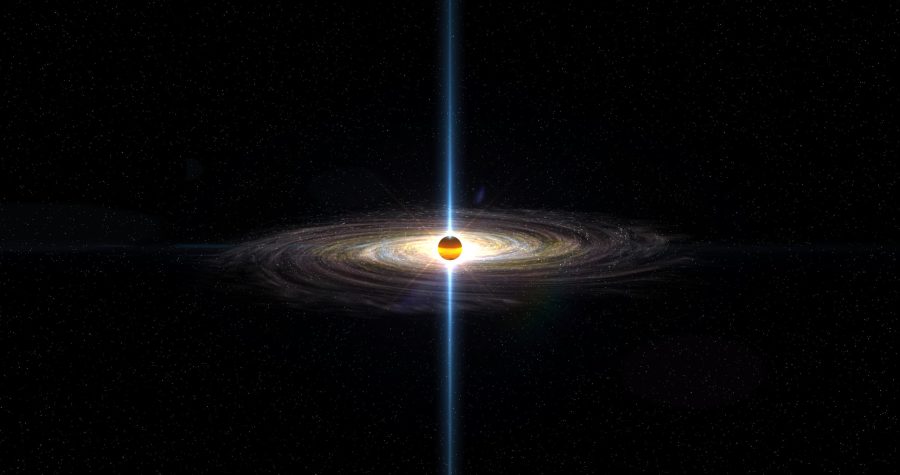
Astronomers liken gamma-ray bursts to lighthouse beams
What would happen if time suddenly began running backwards? Of course, it can’t do that, but the question is one that recently crossed the minds of a team of astronomers in the USA.

What would happen if time suddenly began running backwards? Of course, it can’t do that, but the question is one that recently crossed the minds of a team of astronomers in the USA.
Any night now, a “new star” or nova will appear in the night sky. While it won’t set the sky ablaze, it’s a special opportunity to see a rare event that’s usually difficult to predict in advance.
Despite the lack of a strong, overarching national strategy, engineers, scientists, academics and entrepreneurs across the continent have been busy developing Australia into a spacefaring nation, building our modern space industry from the ground up.
Astronomers at Macquarie University have pioneered a new technique for observing celestial objects during the day, potentially allowing around-the-clock visual monitoring of satellites and greatly improving safety on Earth and in space.

Earth, the Sun and a bike wheel: why your high-school textbook was wrong about the shape of Earth’s orbit.
Thanks to a huge astronomical survey of the entire sky, we have now found what may be the most hellish place in the universe.
When someone mentions a galaxy, odds are you’ll imagine a disc-like whirlpool of stars rotating majestically in space. If you grew up in Britain, you’d probably imagine a chocolate bar, but that’s a different story.
Spots are probably best known as the bane of a teenage face, but you might be surprised to know that a propensity for spots is also a characteristic of other worlds.
Warrigal greens or Australian bush tomatoes might soon be on the menu to tantalise the tastebuds of space travellers.
Today’s researchers in astronomy and space science have access to a remarkable array of tools, including state-of-the-art telescopes both in space and on the ground. Less obvious to the casual onlooker, though, is their access to computing facilities that earlier generations of scientists could only dream of – and Australia boasts supercomputers that are the envy of the scientific world.